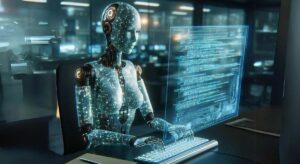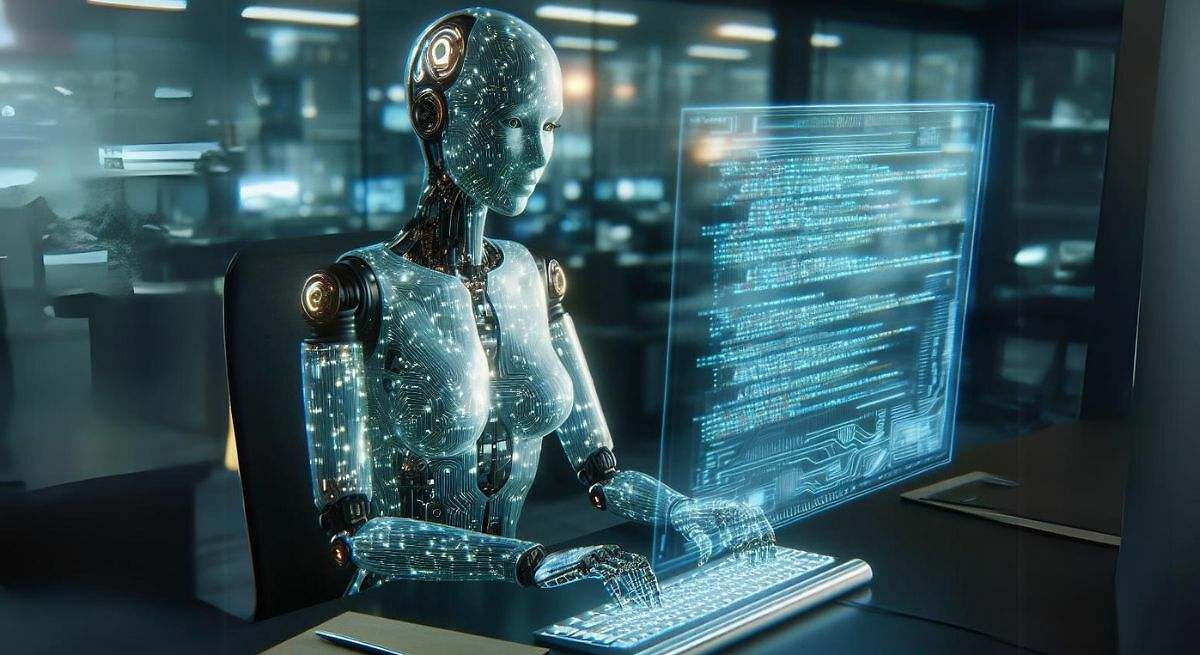He fired 90% of his employees and installed Artificial Intelligence.
He fired 90% of his employees and hired Artificial Intelligence to replace them: this was the amazing result
*AI still does not have sufficient capabilities to replace the vast majority of jobs.
*«The biggest wave of wealth creation in history»: This is how AI keeps creating new billionaires

The fear of being replaced by Artificial Intelligence in the workplace was one of the first to emerge when this technology began to spread across more and more apps, platforms, and even products. This isn’t surprising, since AI can do many things and tasks better and much faster, although it’s true that for now, human intervention is still necessary.
This means that, although AIs are becoming increasingly capable and intelligent, for now (especially those within our reach) they require a human to tell them what to do or how to do it, so they still depend on us. For this reason, experts point out that it will still be several years before AI replaces us in the workplace; however, there are always exceptions.
The events actually occurred in 2023, when Suumit Shah, CEO of Dukaan, made the decision to lay off 90% of his customer service staff. According to Shah, this change was a very complicated but necessary situation due to the country’s economic climate and to ensure the company’s continued viability. As he posted on his Twitter account, the results were practically immediate and very promising.
This is because call response time went from one minute and 44 seconds to immediate responses, thanks to the chatbot’s ability to respond to an average of 200 live chats. At the same time, issue resolution time was reduced from 2 hours and 13 minutes to just 3 minutes and 12 seconds.
And as the icing on the cake, and because AI doesn’t need to be paid a salary, customer service team costs were reduced by 85%. It all sounds perfect and ideal, but it’s also important to keep in mind that relying entirely on machines can be dangerous, especially in this climate of constant cyberattacks.
A ransomware-type cyberattack, for example, which hijacks computer equipment and makes it impossible to access it, would bring the company to a complete standstill, making it impossible to carry out even the smallest tasks, whereas if human employees were in place, more could be done.
As experts point out, it will still take years for AI to replace us to become the norm, but the impact and arrival of this technology is undoubtedly being felt in more repetitive and simple tasks and will continue to be felt increasingly throughout this decade and the next.
Source: www.eleconomista.es

